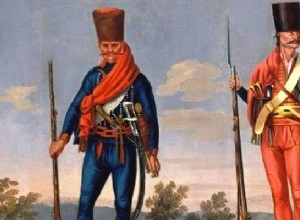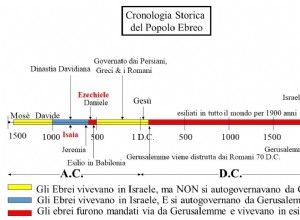The Spanish Influence radically reconfigured the human population more than any other event following the Black Death of 1347-52, which reduced the population of the Old Continent by a third. It did not leave, as the name suggests, from the Iberian Peninsula, but most likely from the US Midwest.




